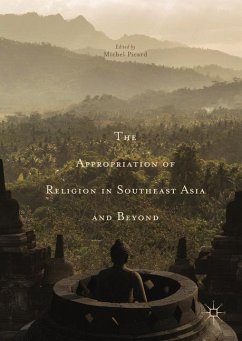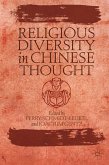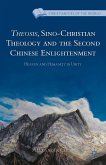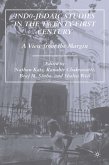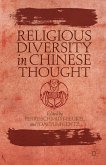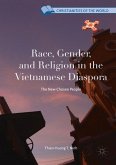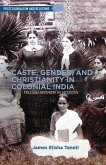This volume investigates various processes by which world religions become localized, as well as how local traditions in Southeast Asia and Melanesia become universalized. In the name of modernity and progress, the contemporary Southeast Asian states tend to press their populations to have a 'religion,' claiming that their local, indigenous practices and traditions do not constitute religion. Authors analyze this 'religionization,' addressing how local people appropriate religion as a category to define some of their practices as differentiated from others, whether they want to have a religion or are constrained to demonstrate that they profess one. Thus, 'religion' is what is regarded as such by these local actors, which might not correspond to what counts as religion for the observer. Furthermore, local actors do not always concur regarding what their religion is about, as religion is a contested issue. In consequence, each of the case studies in this volume purposes to elucidatewhat gets identified and legitimized as 'religion', by whom, for what purpose, and under what political conditions.
"The Volume provides a range of ethnographic case studies that - together with Michel Picard's insightful introduction - contribute new perspectives to the study of religion in the Southeast Asia-Pacific region, and, more generally, to the anthropology of religion. ... The volume is thus a strong reminder, not just for anthropologists of Southeast Asia but also for scholars and students of other disciplines and regions, that it is necessary to deconstruct and historicize the categories in which we have come to think." (Kirsten W. Endres, SOJOURN - Journal of Social Issues in Southeast Asia, Vol. 34 (1), March 2019)

